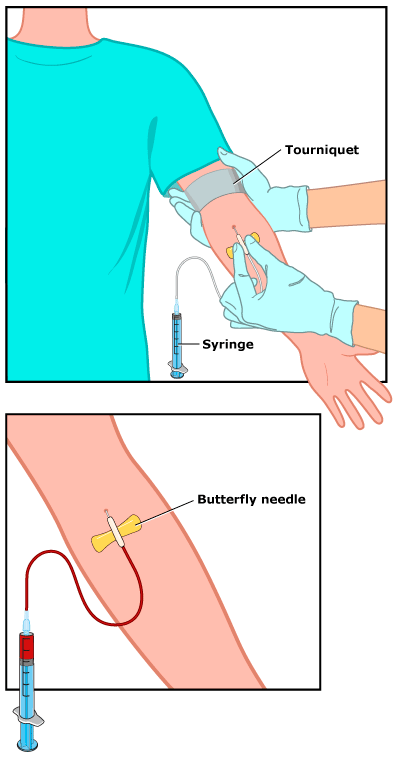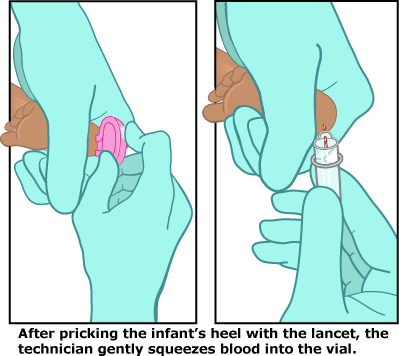Blood Test: Magnesium
Article Translations: (Spanish)
What Is a Blood Test?
A blood test is when a sample of blood is taken from the body to be tested in a lab. Doctors order blood tests to check things such as the levels of glucose, hemoglobin, or white blood cells. This can help them find problems like a disease or medical condition. Sometimes, blood tests can help them see how well an organ (such as the liver or kidneys) is working.
What Is a Magnesium Test?
A magnesium test measures the amount of magnesium in the blood. Magnesium is a mineral that helps muscles, nerves, the immune system, and the heart work as they should. It also helps make protein and energy, and helps keep bones strong.
Why Are Magnesium Tests Done?
A magnesium test may be done if a child has signs of low magnesium levels, such as weakness, muscle cramps or twitching, or an abnormal heartbeat. It also might be done if a child has a medical condition that makes low magnesium levels more likely, such as a kidney problem.
How Should We Prepare for a Magnesium Test?
Your child should be able to eat and drink normally unless also getting other tests that require fasting beforehand. Tell your doctor about any medicines your child takes because some drugs might affect the test results.
Wearing a T-shirt or short-sleeved shirt for the test can make things easier for your child, and you also can bring along a toy or book as a distraction.
How Is a Magnesium Test Done?
Most blood tests take a small amount of blood from a vein. To do that, a health professional will:
- clean the skin
- put an elastic band (tourniquet) above the area to get the veins to swell with blood
- insert a needle into a vein (usually in the arm inside of the elbow or on the back of the hand)
- pull the blood sample into a vial or syringe
- take off the elastic band and remove the needle from the vein
In babies, blood draws are sometimes done as a "heel stick collection." After cleaning the area, the health professional will prick your baby's heel with a tiny needle (or lancet) to collect a small sample of blood.
Collecting a sample of blood is only temporarily uncomfortable and can feel like a quick pinprick.


Can I Stay With My Child During a Magnesium Test?
Parents usually can stay with their child during a blood test. Encourage your child to relax and stay still because tensing muscles can make it harder to draw blood. Your child might want to look away when the needle is inserted and the blood is collected. Help your child to relax by taking slow deep breaths or singing a favorite song.
How Long Does a Magnesium Test Take?
Most blood tests take just a few minutes. Occasionally, it can be hard to find a vein, so the health professional may need to try more than once.
What Happens After a Magnesium Test?
The health professional will remove the elastic band and the needle and cover the area with cotton or a bandage to stop the bleeding. Afterward, there may be some mild bruising, which should go away in a few days.
When Are Magnesium Test Results Ready?
Blood samples are processed by a machine, and it may take a few hours to a day for the results to be available. If the test results show signs of a problem, the doctor might order other tests to figure out what the problem is and how to treat it.
Are There Any Risks From Magnesium Tests?
A magnesium test is a safe procedure with minimal risks. Some kids might feel faint or lightheaded from the test. A few kids and teens have a strong fear of needles. If your child is anxious, talk with the doctor before the test about ways to make the procedure easier.
A small bruise or mild soreness around the blood test site is common and can last for a few days. Get medical care for your child if the discomfort gets worse or lasts longer.
If you have questions about the magnesium test, speak with your doctor or the health professional doing the blood draw.
Note: All information is for educational purposes only. For specific medical advice, diagnoses, and treatment, consult your doctor.
© 1995-2024 KidsHealth ® All rights reserved. Images provided by iStock, Getty Images, Corbis, Veer, Science Photo Library, Science Source Images, Shutterstock, and Clipart.com

